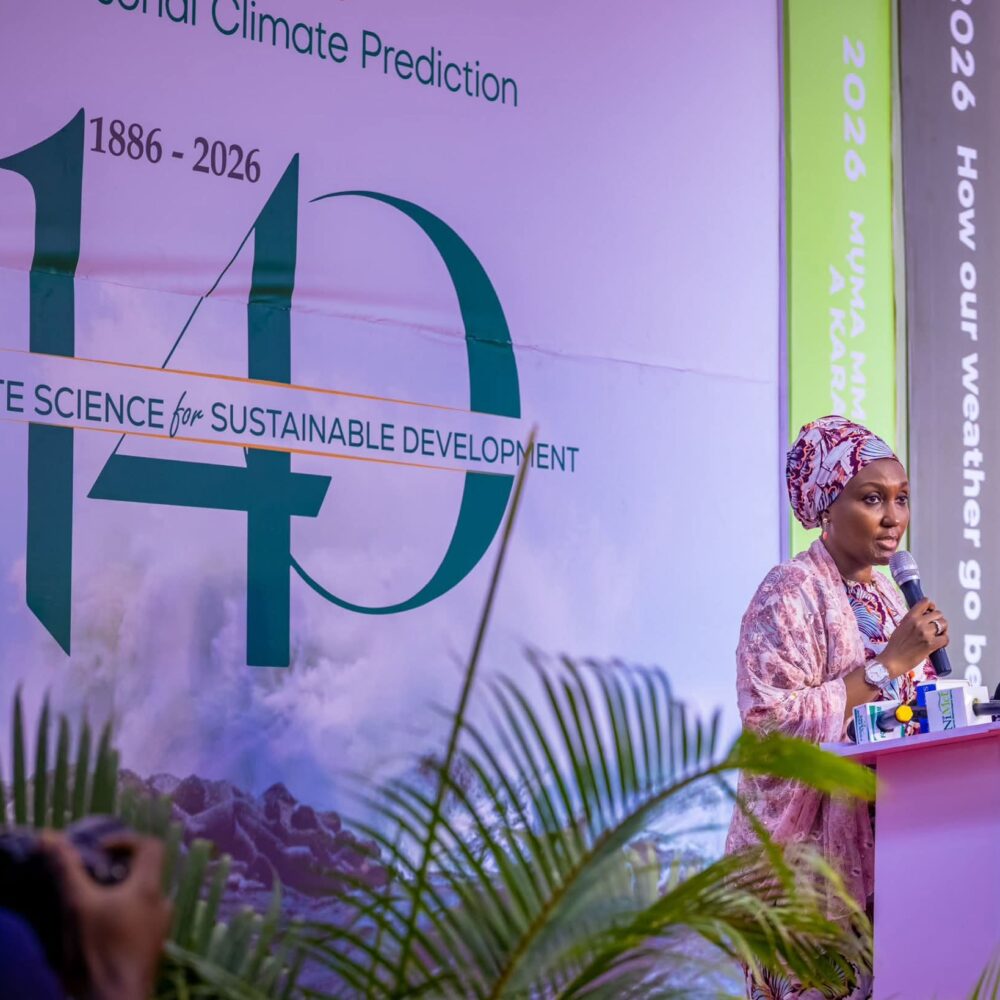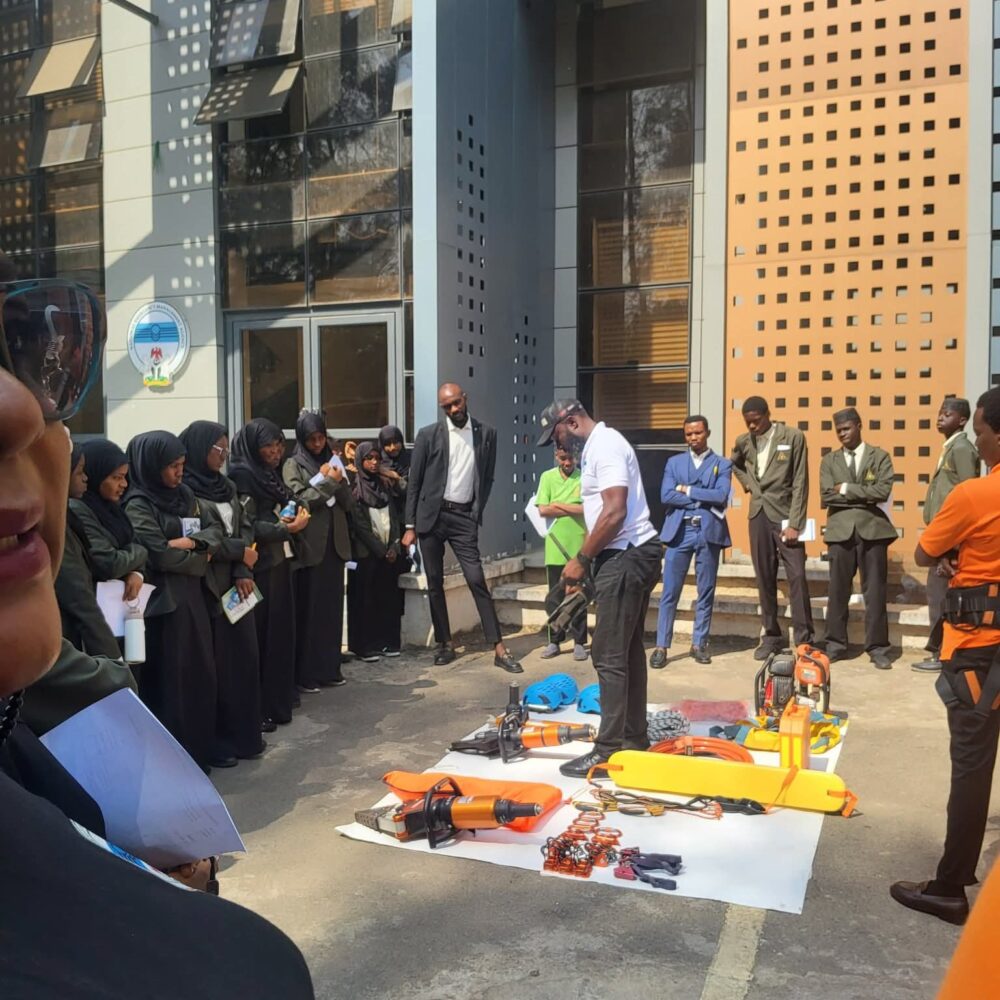Ogbuagu, an Associate Professor of Medicine and Head Researcher on
Pfizer’s COVID-19 Vaccine trial at Yale University, USA said the starting point should include, developing and supporting scientists,building research infrastructure and creating enabling environments.
He gave this advice at a virtual lecture series on the topic, ‘COVID-19:Vaccine, Hesitancy, Myths and Reality’, organised by the Nigerians in Diaspora Commission (NiDCOM) in partnership with Ngex.
Ogbuagu who was one of the researchers who developed the Pfizer and BioNTech COVID-19 vaccine says it “will be the final nail in the coffin” for the virus that has killed over 1.6 million people worldwide.
He also dismissed concerns that the vaccine would alter deoxyribonucleic
acid (DNA).
“I think that issue of vaccine hesitancy is not new. It’s been an issue that has played us for a long time. In fact, I think the World Health Organisation (WHO) at some point had listed vaccine hesitancy as one of the greatest threats to global health,” he said.
“I think if we just think about historically the role that vaccine has
played, with either eradicating diseases, near eradicating diseases and even the year-to-year advantages, there have always been individuals that have been concerned about what vaccines are and there are a lot of misconceptions around the harms or the potential harms vaccine caused.
“Specifically, for COVID-19 vaccines, I think that one of the concerns
has been about the accelerated process or timelines. I want to flag
vaccine hesitancy as a serious threat for us. The punchline I would say
is that thinking about COVID-19, the vaccine would be one of the
approaches that really hosts the greatest promise.
“You can wear a mask and maintain social distance; we know how difficult .it is to maintain some of that for a long period of time and those don’t really get rid of the disease itself. I think that the vaccine will be the final nail in the coffin for COVID-19. So, we have a solution to the problem; let’s not introduce a problem to the solution.
“I want to be very clear on this, messenger mRNA vaccine does not enter the nucleus; they don’t incorporate into the host DNA and so they should be no concerns about it altering human genomes. It does not alter DNA; it doesn’t make you a zombie; it doesn’t alter your genetic makeup and we don’t expect any interference with that.
Speaking on the acceleration given to the production of the vaccine,Ogbuagu attributed the success to teamwork.
“The studies have been accelerated, which is appropriate because of the
time that we are in. The fact that it is a global pandemic makes it
quite significant, so everybody worked together,” he said.
“The reason the vaccine trial has gone on so successfully and I think
it’s just an amazing experience, it’s just a tribute to how when everybody works together with a focus to achieve a common goal and address the current public health threat; this is what success looks like. Even though the studies went on fast, there was no shortcut. The
study went through all the phases.”
In his response to a question on side effects, Ogbuagbu said there are
no expected long-term adverse consequences, as the properties of the vaccine disintegrate in the body within a day.
“There are at least 75,000 or 76,000 people who have already received
COVID mRNA vaccine. The vaccine disintegrates in the body in hours,
majorly after you get the vaccine. We do not anticipate any long-term
side effect that has not been detected very early on. We are pretty
confident about the safety record of the vaccine,” he added.
Asked if the vaccine would be taken by pregnant women, the medical
doctor said the clinical trial did not include them but maintained that
the vaccine does not cause infertility.
“We did not include pregnant women. We did not include breastfeeding
women. We did not include them in this study. We conducted them on
non-pregnant women and we were assured of safety,” Ogbuagu said.
Asked why airlines insist on passengers being vaccinated before they can board, the medical expert said it was in order.
vaccination? Those are important. So, sometimes we get to think of
COVID-19 differently and forget how we have managed other deadly
infectious diseases. I think airlines requiring people to have vaccines,
I would support them,” the doctor said.
Speaking on why attention and research are focused on COVID-19 and not malaria, Ogbuagbu said COVID-19 has had a wider negative impact on humans and the economy within a short period.
In her opening remarks, Hon. Abike Dabiri-Erewa, Chairman/CEO, Nigerians in Diaspora Commission (NIDCOM) assured travelling Nigerian citizens that the Federal government is working round the clock to ease the burden associated with the COVID-19 pandemic protocols for its travelling Diasporans.
She said that with vaccines undergoing clinical trials, travelling Diasporans would soon be relieved with difficulties encountered during
screening process once the potency of the vaccines is confirmed.
The NIDCOM boss said the usage of such vaccines will bring an end to the COVID-19 pandemic as well as the stress travellers go through moving from one country to another in ascertaining their status.
Dabiri-Erewa explained that the purpose of the webinar is to let
Nigerians in the Diaspora know about the efforts of the Federal
Government in mitigating the negative effects of the COVID-19 pandemic, especially on her Diasporans.
She reassured all Nigerians living abroad of the readiness of the
Federal government to protect the lives of its citizenry irrespective of
their status, religion and ethnic background.
Speaking in the same vein, Dr Sani Aliyu, Coordinator of the
Presidential Task Force (PTF) on COVID-19, in his response to questions on the federal government’s preparation for the vaccine, said adequate plans are in place to get it to Nigerians when it gets to the country.
“There is a lot of work that is currently ongoing on the government
side. The Minister has set up an expert advisory group,” he said.





